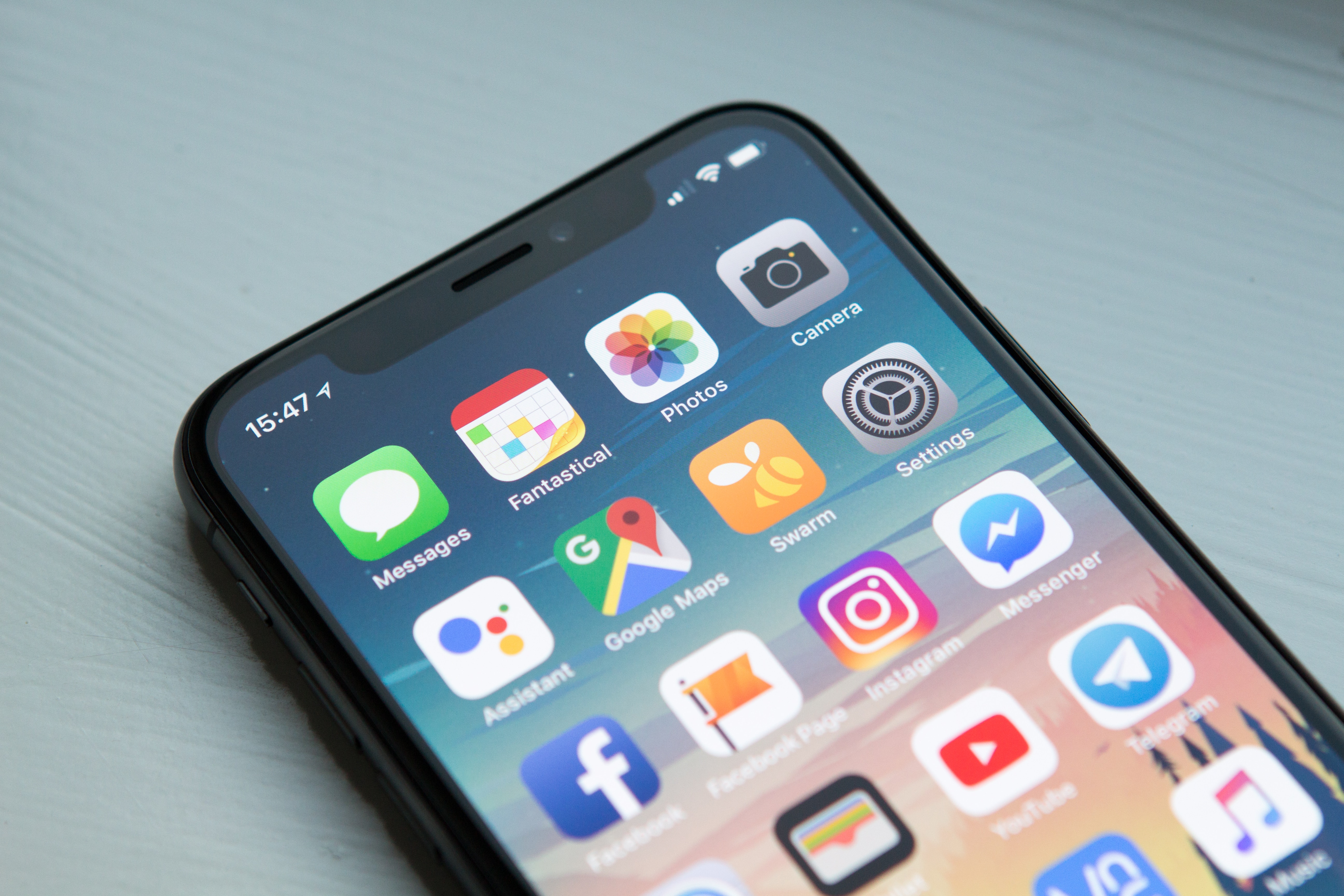According to a report released by Amnesty International on Thursday, prominent journalists in India have fallen victim to the intrusive spyware known as Pegasus.
The Washington Post and human rights organization Amnesty International's report claim that the spyware called Pegasus is still being used, this time targeting journalists in India. As per the report, Amnesty International's Security Lab conducted forensic investigations and verified that Siddharth Varadarajan, the Founding Editor of The Wire, and Anand Mangnale, the South Asia Editor at The Organised Crime and Corruption Report Project (OCCRP), were victims of Pegasus spyware on their iPhones. The most recent incident was identified in October 2023.
What were the findings of Amnesty International?
Apple informed several iPhone users in October 2023 whom the company suspected might have been subjected to the spyware. This group included over 20 journalists and opposition politicians in India, among others. Subsequently, Amnesty investigated this matter, and the Security Lab performed the necessary forensic analysis.
Photo: Screengrab/ /www.amnesty.org
Amnesty International is a worldwide movement comprising over 10 million individuals across 150 countries and territories. Their collective efforts are dedicated to advocating for the cessation of human rights violations.
According to the report, it was discovered that Mangnale's smartphone was compromised using a "zero-click" exploit following the receipt of a message on August 23, 2023. This particular exploit enables the spyware to be installed without requiring the user to click on any links.
Varadarajan was subjected to an assault on October 16, 2023; however, he had previously been a target of the identical spyware in 2018. The latest endeavour was identified to have originated from the same origin as the one directed towards Mangnale.
What are "zero-click" exploits?
According to Kaspersky ,the terms 'zero-click attacks' and 'zero-click exploits' are frequently utilized interchangeably. They are occasionally referred to as interaction-less or fully remote attacks as well.
A zero-click exploit is a type of harmful software that can install spyware on a device without the owner's permission. In a zero-click attack, the software can be installed without the victim needing to click on any links. This makes zero-click malware or no-click malware particularly dangerous. In contrast, regular apps usually require the user to click on buttons like 'install' or 'confirm' to finish the installation process.
The particular exploit reportedly being used on the two devices is known as "BLASTPAST" (formerly known as "BLASTPASS"). It unfolds in two stages. Initially, the attack tries to establish a connection with the Apple HomeKit, which allows users to control various smart devices, on the targeted device.

Amnesty states that the first stage, known as the 'outreach', may serve the purpose of assessing the potential vulnerabilities of the device or maintaining surveillance for future exploitation. The subsequent phase is responsible for deploying the complete spyware "payload". In the second stage, the target receives harmful content through the iMessage application.'
The NSO Group, an Israeli company, developed the Pegasus spyware, which has been discovered to have been employed on mobile devices owned by journalists and politicians across the globe. This invasive software has been utilized in various countries, encompassing both authoritarian regimes and democratic nations.
During the alleged attack, Mr Mangnale's phone was susceptible to the exploit, whereas Mr Varadarajan's phone was not. This was due to Apple's timely release of the 16.6.1 security update, which effectively addressed such intrusions. Nevertheless, it is worth noting that there is reportedly no evidence of Pegasus successfully infecting either of the devices.
According to a report by DW, The Pegasus spyware was devised by Israeli company NSO Group and discovered to have been utilized on phones belonging to journalists and politicians across the globe.
In response to the latest findings, the company told The Washington Post that it is unable to provide any comments on specific customers, but that they were all "vetted law enforcement and intelligence agencies that license our technologies for the sole purpose of fighting terror and major crime."
(With Input from agencies)
© Copyright 2023. All Rights Reserved Powered by Vygr Media.
.






















